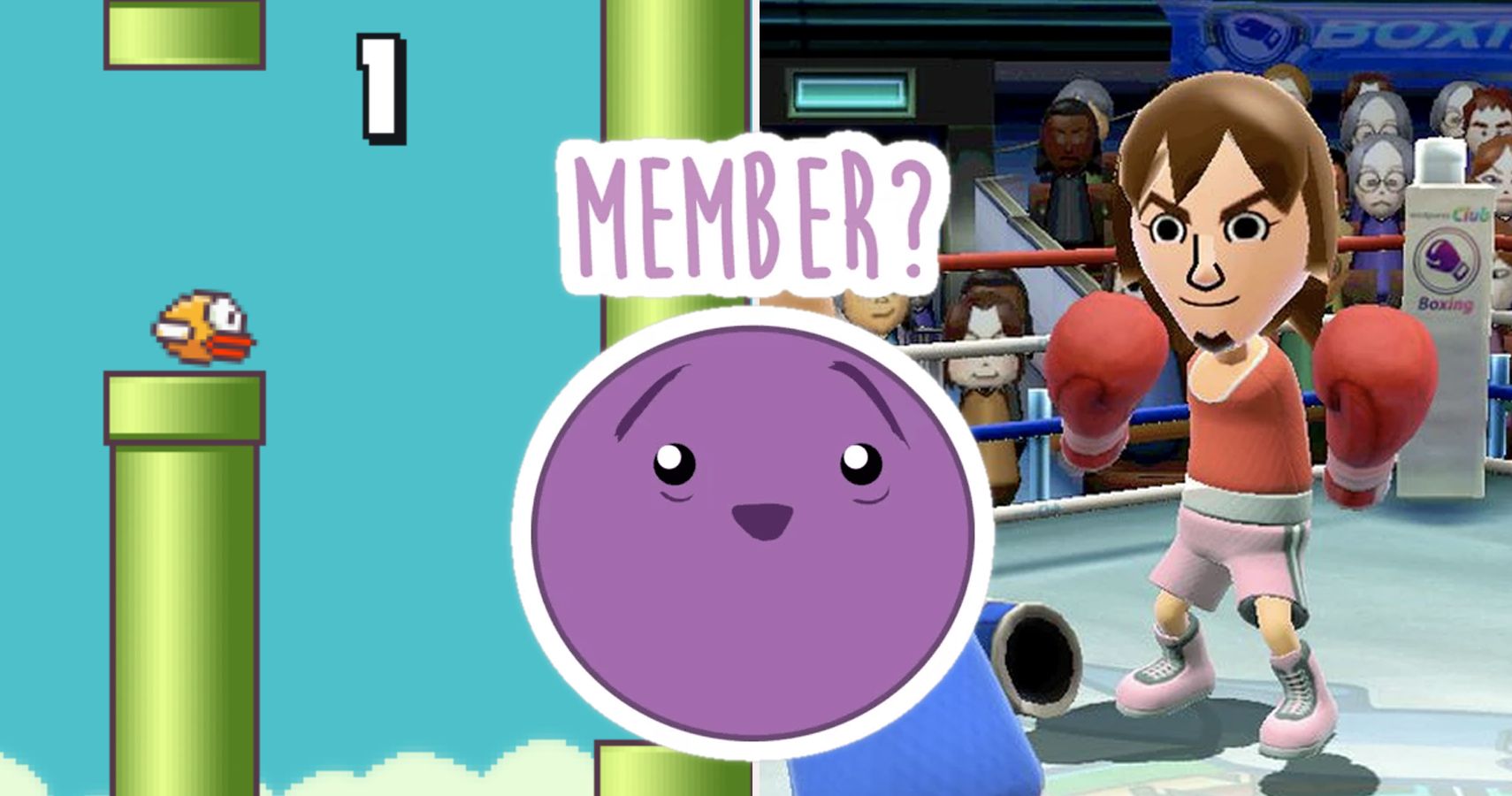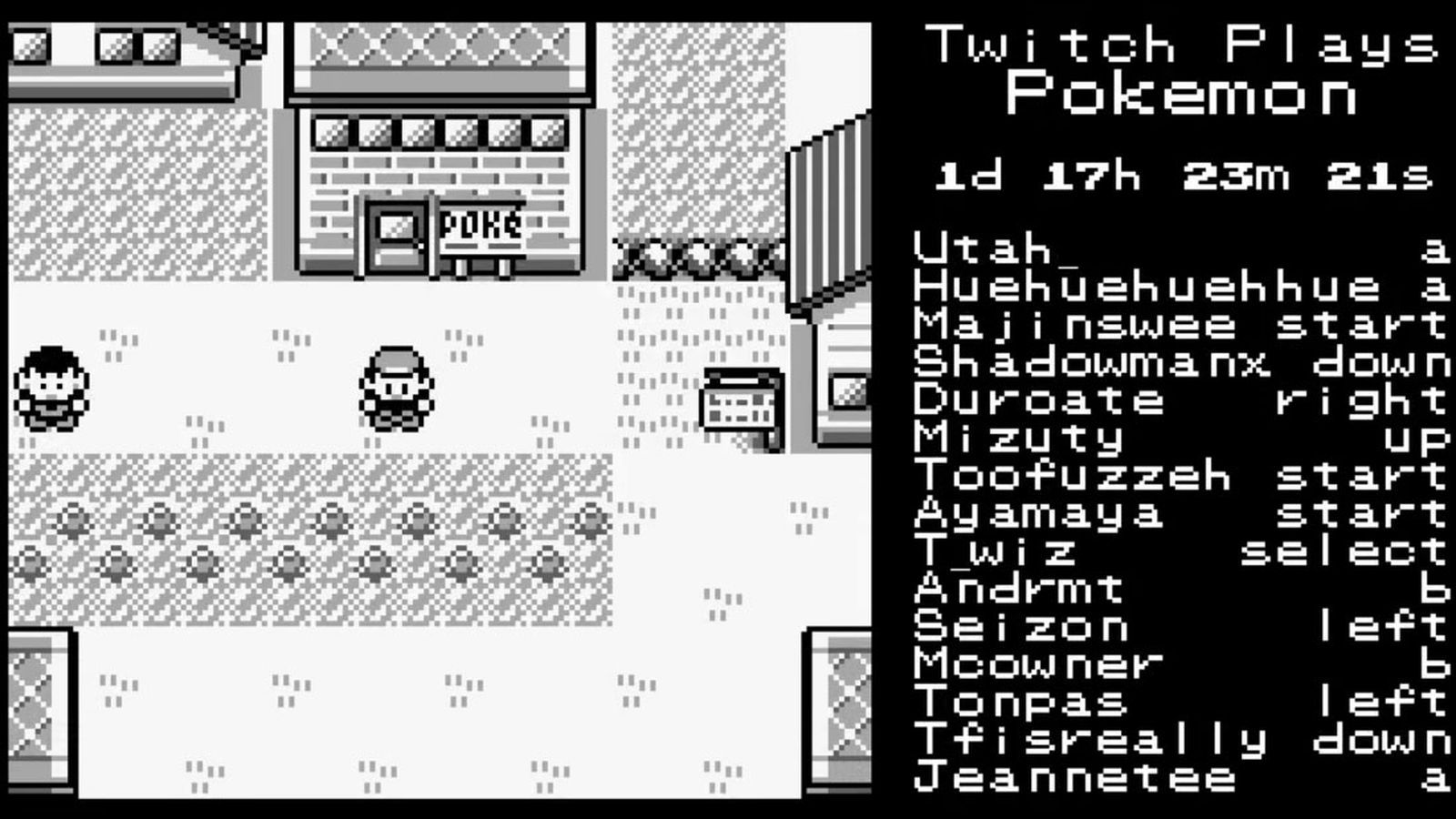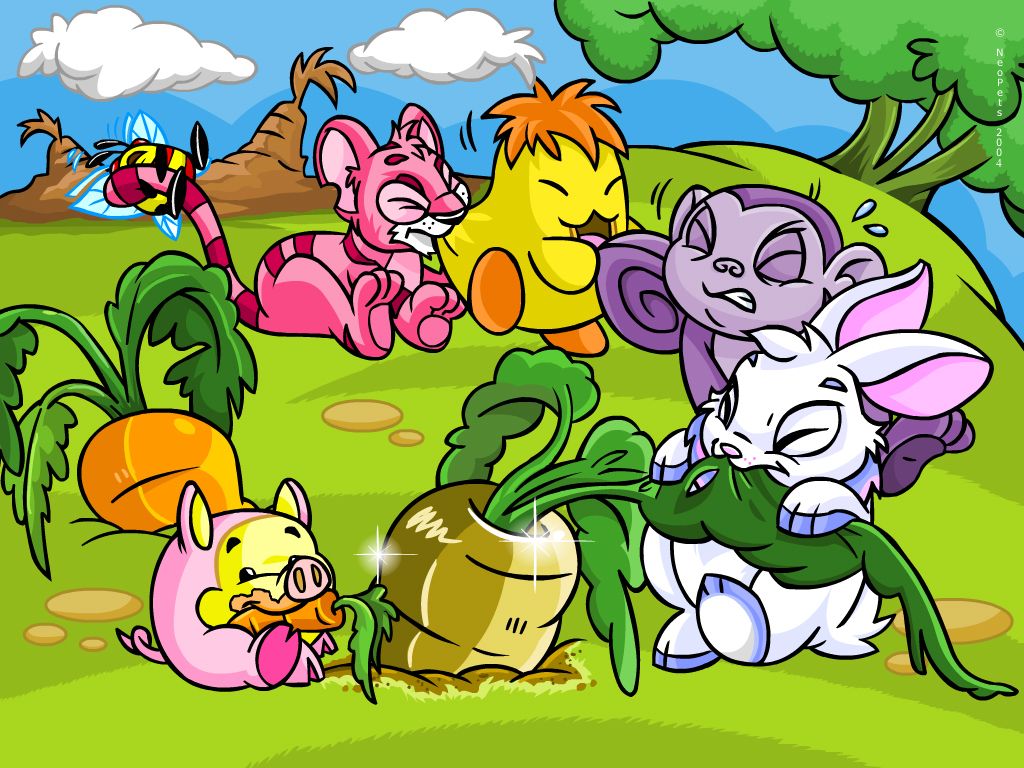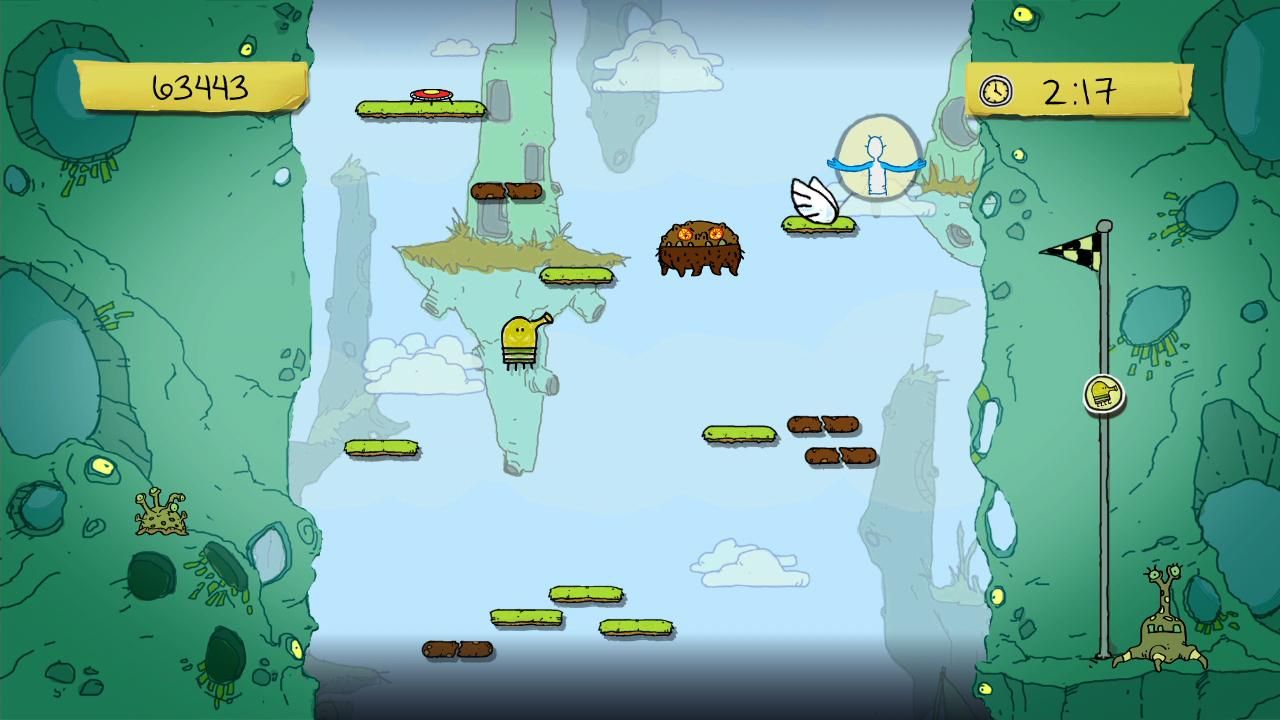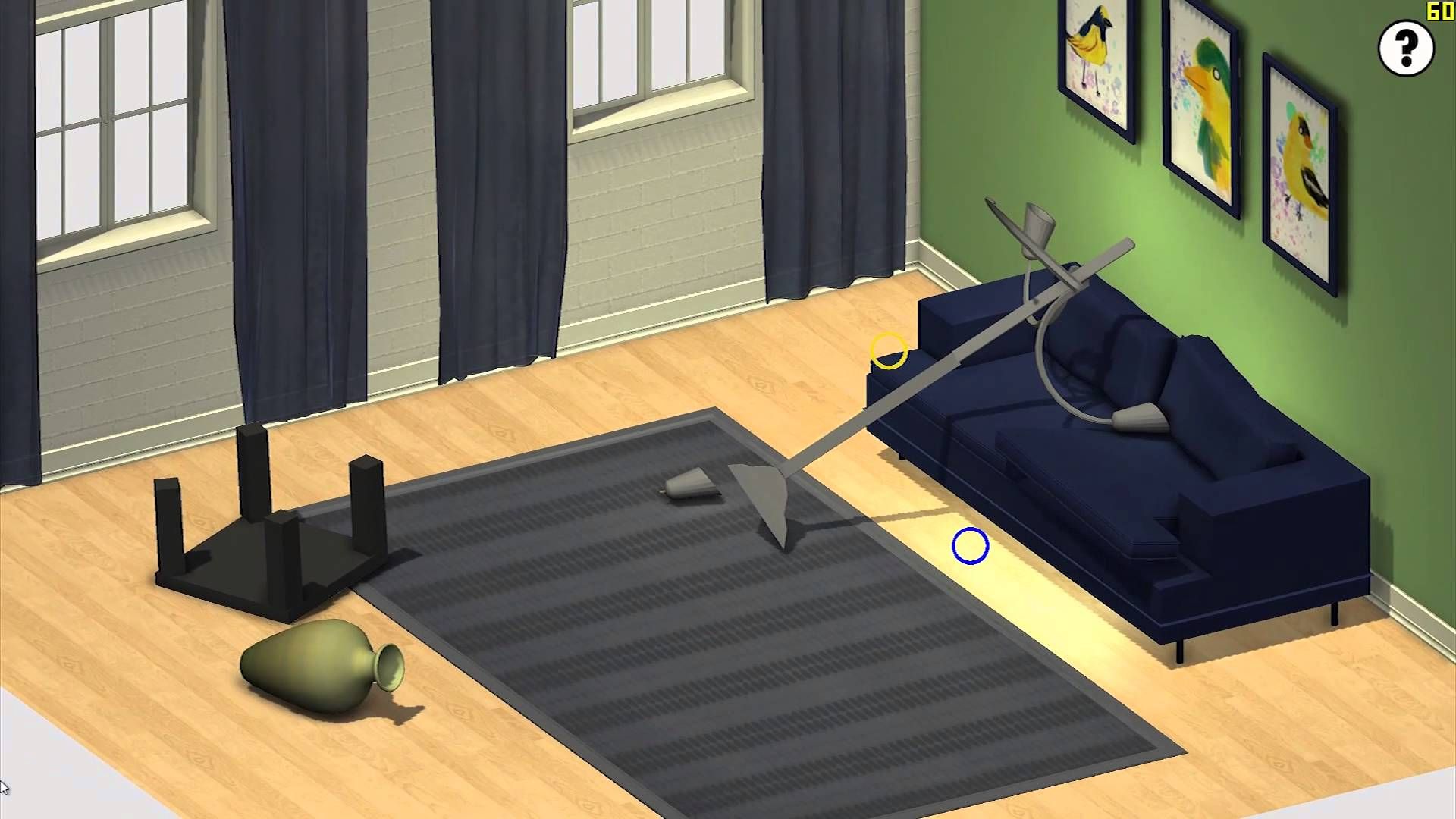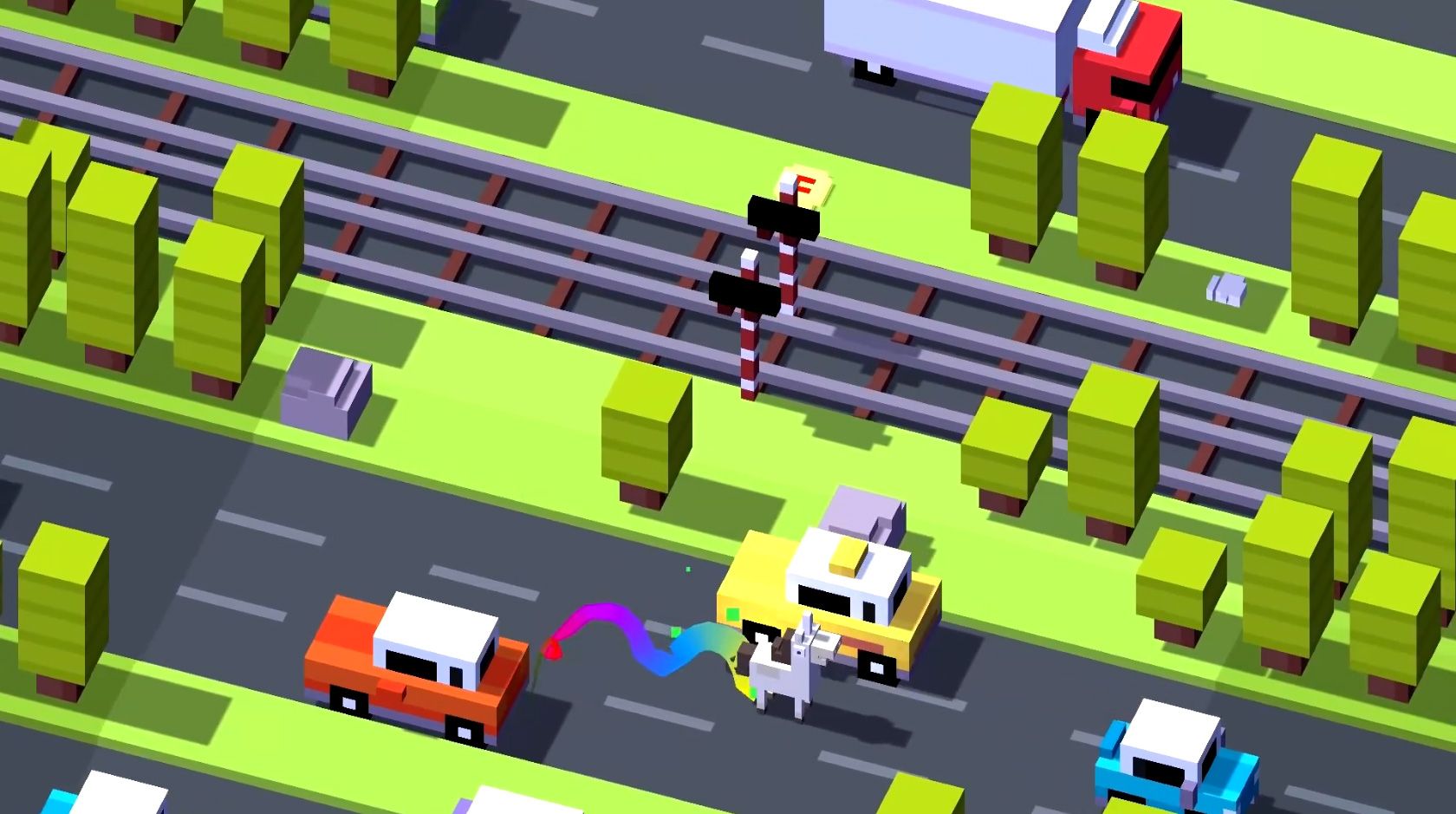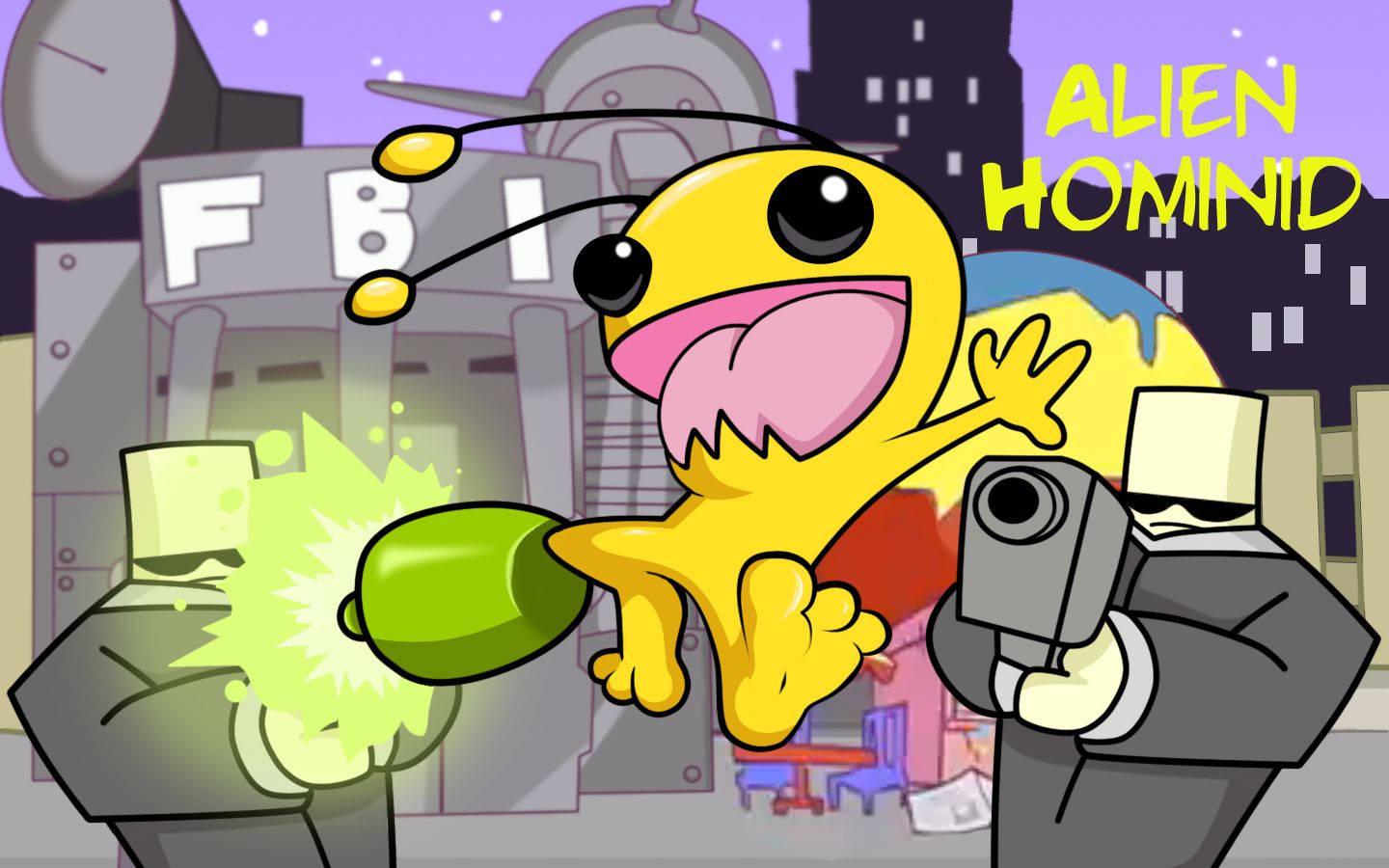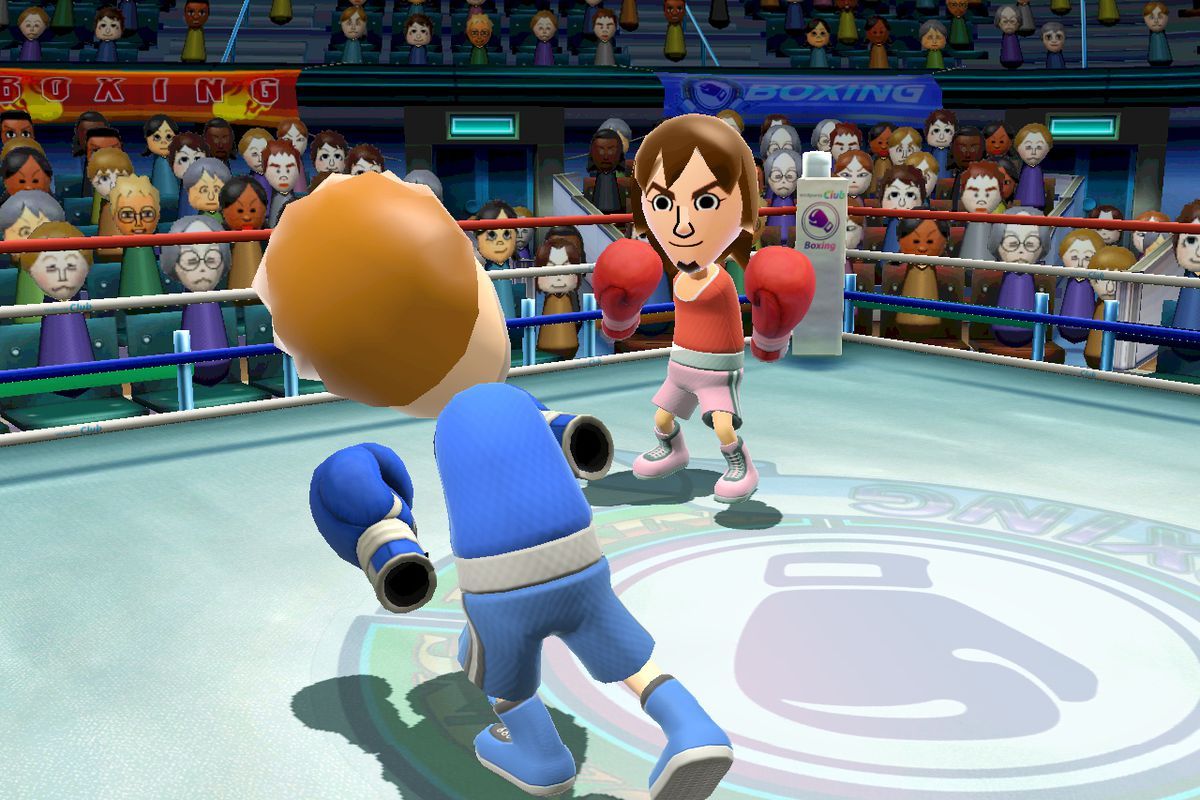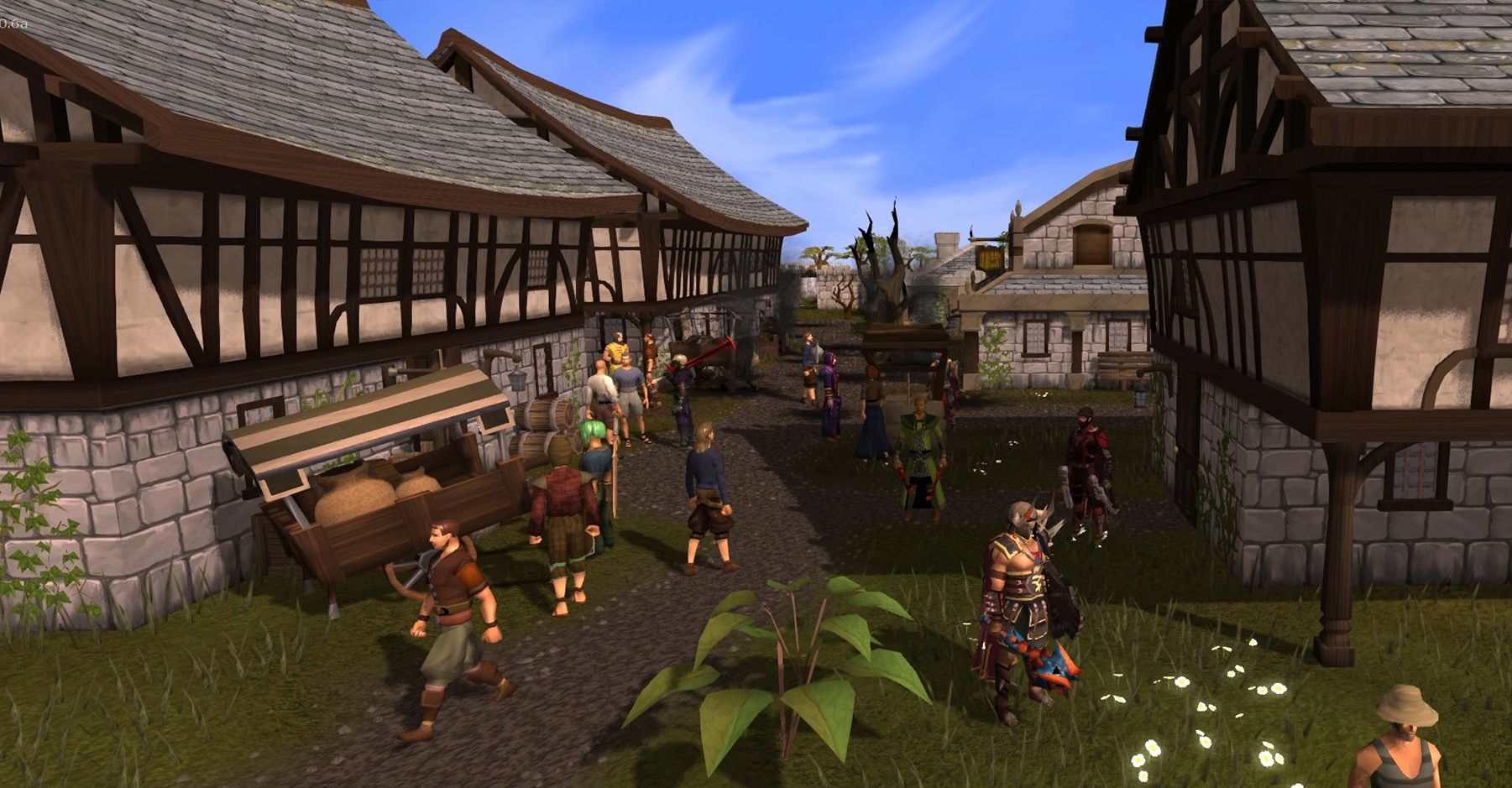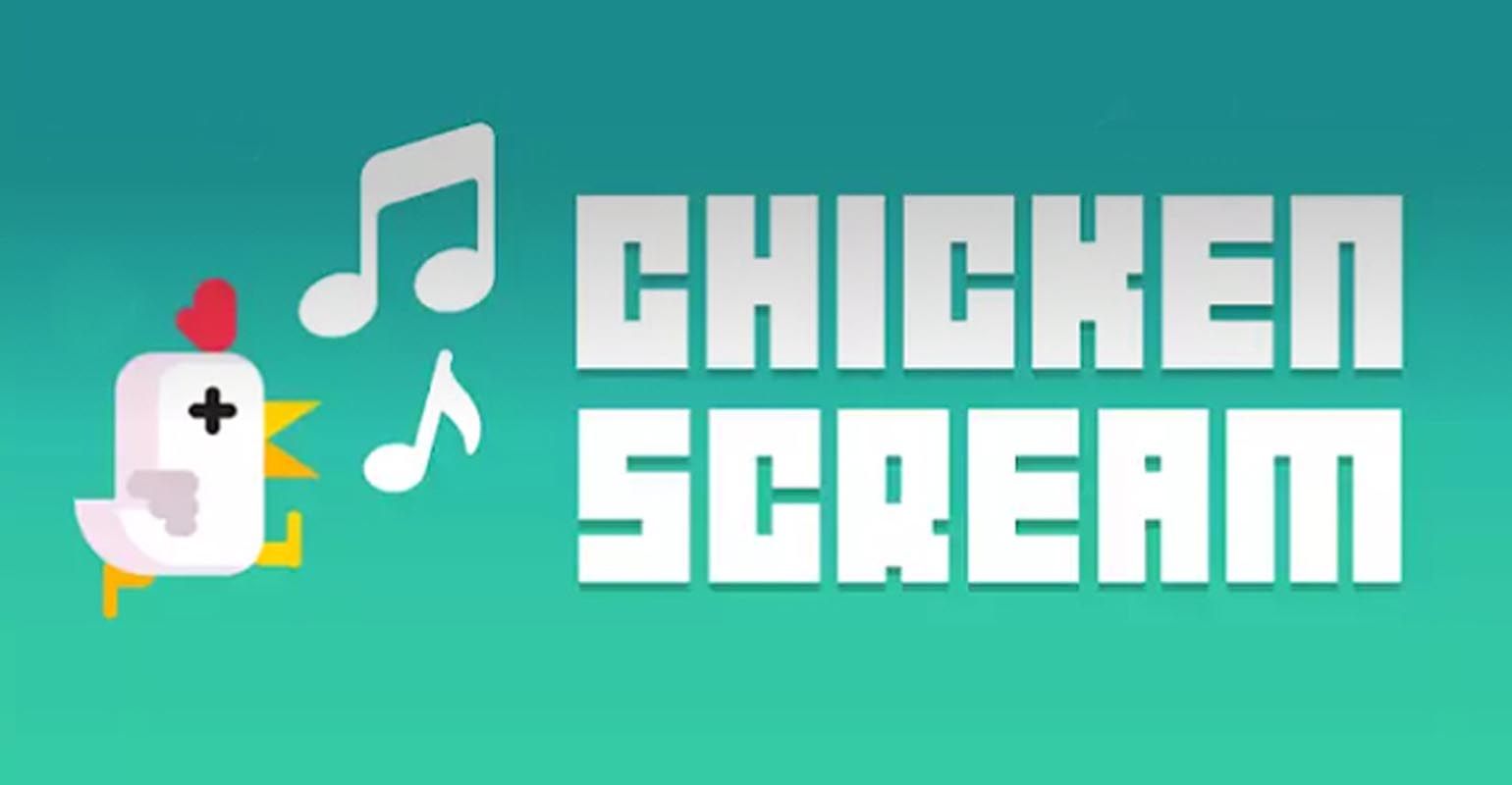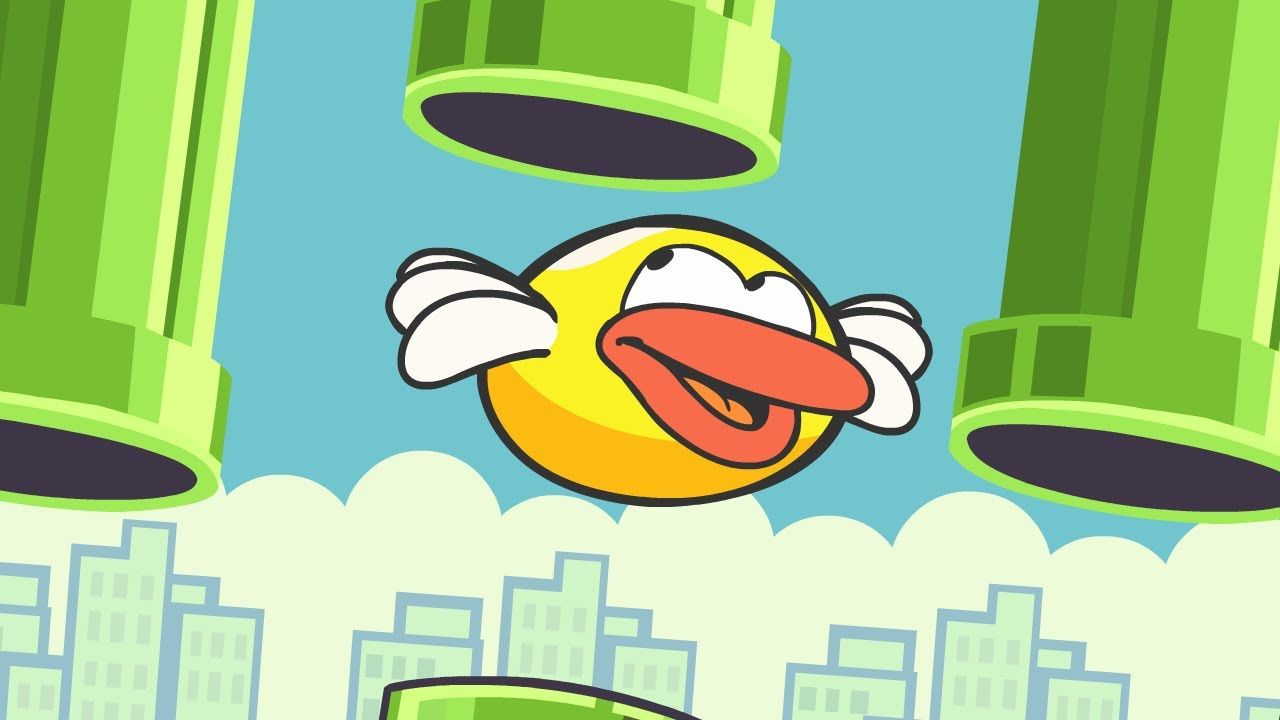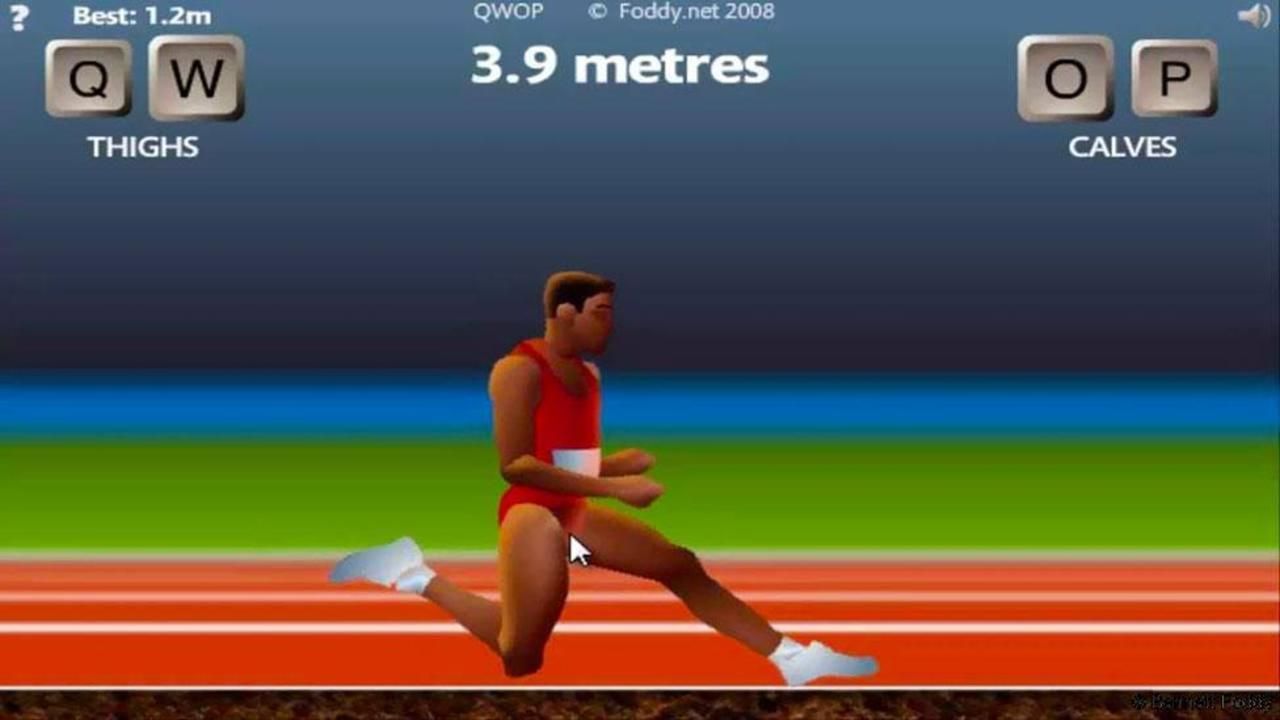When video games took off in the 1970s and ‘80s, there were plenty of naysayers who swore that they were just a fad, like 3D movies and lava lamps. Video games were here to stay, but, in the 40-plus years since Pong first appeared, plenty of trends have come and gone within the industry. From console RPGs in the late 1980s and 1990s, to the wave of rhythm-based games that hit the market in the 2000s, what’s hot and what’s not has fluctuated throughout the last few decades.
Today, when anyone’s video-game experiences can be streamed through Twitch or uploaded to YouTube, social sharing means that games can be memeified and go viral more easily than ever before. Funny gaming clips, such as videos of players being frightened by virtual-reality horror games, wind up all over Twitter and Facebook. Unbelievable gameplay clips hit Reddit to be analyzed by other players, and competitive types work hard to emulate professional gamers’ strategies. If there’s a viral gaming clip out there, chances are good that even non-gamers will eventually see it.
Sometimes though, an entire game goes viral. For a few brief weeks, those games — often browser-based, or on mobile — are all anyone can talk about. Video game 'tip' sites brim with new strategies and uncovered Easter eggs, and eventually, people who don’t normally play video games will take their shot at the latest fad.
As quickly and totally as these viral video games capture the public imagination, so do they fade into obscurity. Here’s a look at 15 viral video games from the last few years that you completely forgot about.
15 Twitch Plays Pokemon
Back in 2014, an interactive phenomenon hit the Twitch streaming service. Twitch Plays Pokémon allowed viewers to type commands — up, down, left, right, B, A, Start, and Select — into a feed that controlled a copy of Pokémon Red. Twitch’s playthrough of the game went about as well as you would expect, with some users intentionally sabotaging Red’s progress by opening the menu — in an attempt to dupe players into releasing Pokémon or deleting valuable items — and jumping off of ledges, which must then be walked around in order to proceed.
In spite of all its setbacks, Twitch Plays Pokémon managed to beat Pokémon Red in roughly one month. The interactive gaming experience set the Guinness World Record for the “most participants on a single-player online game,” with 1,165,140 players participating between February 12 and March 1, 2014.
14 FarmVille
You remember FarmVille, and probably not fondly. This buggy Zynga game had you pestering your friends for in-game resources via Facebook messages, and somehow managed to earn a sequel, FarmVille 2, three years after it was released. Today, neither FarmVille game ranks highly among Facebook users, but for a time, it was the only game that any of your friends seemed to be playing.
Truth be told, a lot of us would be grateful if no one ever mentioned FarmVille again, and I am sorry for bringing it up now. Until Facebook made it easy to block game notifications, much of our time on the social network was spent deleting countless invites to play Zynga’s colorful, crash-happy farming game, leading to a major divide between the Farmers and the Farm-nots. Those old memories still sting a little.
13 NeoPets
Once upon a time, before social media was a thing, online communities sprouted up around adoptable-pet games. These advanced Tamagotchi successors allowed players to raise fantastic beasts, which they had to feed, clothe, and entertain on a regular basis. King among them was NeoPets, a British website, originally designed for college students, which quickly took off with the under-17 crowd.
Sadly, NeoPets — now styled as Neopets — has undergone some major changes throughout the years. The site is virtually unrecognizable to those of us who played it in the early-2000s, thanks to acquisitions and re-acquisitions from the likes of Viacom and JumpStart, the latter of which has caused a number of serious problems, by all accounts, including unanswered support tickets and a now-outmoded, Flash-reliant interface that simply doesn’t show up in modern browsers.
12 1 vs. 100
In 2009, Microsoft decided to try something new and different. Xbox Live Primetime was an immersive game-show experience that allowed the Xbox Live community to participate in a scheduled multi-player event. Its first, and only, offering was 1 vs. 100, based on the Bob Saget-hosted NBC game show of the same name.
1 vs. 100 divided participating gamers into three classes: "the Crowd" of spectators, "the Mob" of answer-providers, and "the One" actual player who could win Microsoft Points. It was a fun time, even if it’s vaguely reminiscent of that one Black Mirror episode, in retrospect. But Microsoft cancelled 1 vs. 100 after just two seasons on Xbox Live Primetime, and shuttered the program shortly thereafter. There has been some suggestion of bringing back the service, but so far, it’s nothing but talk.
11 Doodle Jump
Doodle Jump was one of those games that made full use of smartphone capabilities from its earliest days on the market. Players controlled the Doodler, tilting their devices to help him move through the air and bounce off of platforms. We all looked pretty silly while playing it, but that never stopped us from racking up the highest scores we could possibly manage. Doodle Jump drummed up more than $1 million in sales on the App Store during its first year alone.
Unlike many of the other games on this list, Doodle Jump retains its entertainment value today. The graph-paper visuals are still fun to look at, and, now that VR headsets have become a thing, no one really cares how silly they look swinging a phone back and forth. Unfortunately, Doodle Jump has been relegated to obscurity by newer, shinier mobile titles.
10 Höme Improvisåtion
We Millennials might be killing everything that older generations hold dear, but if there’s one consumer-culture staple we love, it’s IKEA. Yeah, we complain about its nonsensical assembly instructions, but there’s really nothing about IKEA that we don’t love, from its utilitarian designs to its simple, clean lines.
In fact, our love for IKEA is so strong that someone made a game about it. Höme Improvisåtion allows players to decorate a virtual home with IKEA-inspired furniture that they create. The game drove us to our wits’ end when it first arrived, namely because the “furniture-building sandbox” offers no instructions on how pieces should be assembled, beyond the picture on the box. With no assembly instructions, you’re left with a pile of furniture parts and whatever innovations — whimsical or diabolical — your mind can create.
9 Crossy Road
In 2014, the casual-gaming community collectively decided that we really, really needed an endless Frogger clone. Crossy Road was that clone, and it swept the 2014 Best-Ofs at The Guardian, CNET, and the App Store, among other outlets.
Simple, but addictive, Crossy Road combined funky, angular graphics and addictive gameplay with a mystery-box system that randomly unlocked playable characters, A.K.A. “mascots.” Among the game’s unlockable mascots were a number of Internet sensations, many of which altered gameplay when used. For example, Doge streamed “dogespeak” as he moved across the playing field, #TheDress changed color on each new run, K-pop star Psy unlocked Dance Mode, and The Prince of All Cosmos collected items to make his Katamari Ball bigger as he went along.
Crossy Road is still rolling out new updates, but the days of the game’s widespread media coverage are far behind it.
8 Alien Hominid
Back in the early 2000s, Flash-based indie games provided us with hours of free entertainment on Newgrounds and other websites. One such game, Alien Hominid, famously made the jump from web to console in 2004, two years after it first appeared online. The Contra-esque side-scroller puts players in control of the titular Hominid, a yellow alien who finds himself pursued by FBI agents after he crash-lands on Earth. Hominid must run-and-gun his way through the game’s story mode in order to make it back to his home planet.
When Flash games were still on the cutting edge of browser-based entertainment, Alien Hominid was truly where the fun was at. Today, developer The Behemoth continues to make infectious co-op titles for the masses, but nothing can capture the frenetic fun that was Alien Hominid.
7 Wii Sports
It’s not hard to become one of the best-selling video games of all time when you arrived packaged with Nintendo’s first-ever motion-controlled system, but Wii Sports still deserves recognition for being such a viral hit in the 2000s. The game spawned dozens of viral videos, as wristband-eschewers broke brand-new flatscreens with errant Wii remotes, and parents ran their children over while golfing, bowling, and playing tennis. Wii users began to report sports injuries from playing Wii Sports and other motion-controlled Nintendo titles, in large enough numbers that coverage of their misfortunes appeared in no less a publication than The New York Times. More than a decade later, it’s easy to laugh off Wii Sports as a silly Nintendo fad, but the game had lasting — and sometimes detrimental — impact on its players.
6 RuneScape
Another browser-based gaming phenomenon, RuneScape was the broke-kid’s answer to EverQuest and Ultima Online: a free-to-play MMORPG that allowed players to quest, mine, cook, chop, craft, and fish their way up the proverbial food chain. Today, with more than 1,000 updates, RuneScape holds the Guinness World Record as the “most prolifically updated MMORPG.” As of July 27, 2013, players had spent 443 billion minutes — more than 842,000 years — playing the game.
At the time of this writing, RuneScape has roughly 70,000 active daily users. That’s just a drop in the bucket compared to World of Warcraft’s 10 million subscribers, of course, but it’s still not too shabby for a free-to-play MMORPG. Unfortunately, there’s no way of knowing how many of RuneScape’s “players” are bots created to grind the game for resources and loot, so I still feel pretty confident including the Jagex title here.
5 Chicken Scream
I just want to say, thank God this viral video game was short lived. Chicken Scream was a mobile platformer that players controlled with their voices. Droning moved the titular chicken, and yelling caused it to jump, which means you had to make a spectacle of yourself in order to play in public. There’s no end to Chicken Scream, which means the game had you yelling at your phone until you — or your fowl friend — died. And if you had trouble with voice modulation, this definitely wasn’t the game for you, even with the option to increase or decrease microphone sensitivity.
Ultimately, Chicken Scream choked because there’s just no way to feel cool while playing it. Sure, with enough time and dedication, you might make the leaderboards, but at the cost of a sore throat and copious side-eye.
4 Surgeon Simulator 2013
Surgeon Simulator 2013 felt like a grimdark version of Milton Bradley’s Operation. Originally designed in just 48 hours for the 2013 Global Game Jam, Bossa Studios’ squishy sim put players in control of Nigel Burke, a “surgeon” performing life-saving — and life-threatening — procedures with improper tools. Need to get a man’s skull open for a complex brain surgery? That little hatchet over there should do nicely.
Bossa itself admitted that Nigel’s hand “was diabolical to control [with] a combination of keyboard and mouse actions,” but the hair-pulling difficulty did not stop the positive reviews from rolling in for Surgeon Simulator 2013. Today, the game is available on Steam in an Anniversary Edition, which includes bonus settings and new surgery victims from Outer Space, Team Fortress 2, and Trump Tower.
3 The MapCrunch Airport Game
There was a time when the Internet collectively decided to make a game out of Google Maps. MapCrunch placed players in a random location on some road somewhere, and the MapCrunch Airport Game challenged them to find an airport. That was it. That was the game. And it was fantastic.
See, the whole point of the MapCrunch Airport Game was that you didn’t know where on Earth you were, unless, by some miracle, the game dropped you in a location you were familiar with.
Why did we spend hours at a time wandering through Google Maps Street View in search of an airport? Who knows. It was 2012, a simpler time, and we were all carefree enough to appreciate something as simple as the MapCrunch Airport Game. Those were the days.
2 Flappy Bird
Few viral gaming phenomena have had as strange a ride as dotGEARS’ Flappy Bird. Launched on iOS in 2013, with graphics that are straight out of Super Mario World, the mobile title had players timing their taps to guide Faby, the little yellow blob of a bird, through a veritable minefield of green pipes. Flappy Bird received little fanfare upon its release, but the frustratingly difficult mobile game took off in early 2014, becoming the most downloaded app in the App Store.
Then tragedy struck. At the height of Flappy Bird's success, its creator, Dong Nguyen, pulled the game from both iOS and Android stores, saying that Flappy Bird was never intended to be as addictive as it had become. The game’s sudden disappearance sparked dozens of imitations, but nothing beats the real Flappy Bird.
1 QWOP
If there was ever a viral video-game fad, it was this one. Released at roughly the same time as the 2008 Beijing Olympics, QWOP was a track-racing game that forced players to use their keyboards — specifically, the letters Q, W, O, and P — to control a sprinter’s calves and thighs. The goal was to run a simple 100 meters, but the browser game had a monstrous learning curve, prompting players to share videos of their hilarious QWOP mishaps online.
Developer Bennett Foddy has made other games, including the direct sequel 2QWOP, which supported couch co-op, and two spiritual sequels: CLOP, in which the player controlled a unicorn in a sprint to climb a hill, and GIRP, a rock-climbing game. None of Foddy’s other indie games has come close to the level of viral attention that the first QWOP generated, however.

